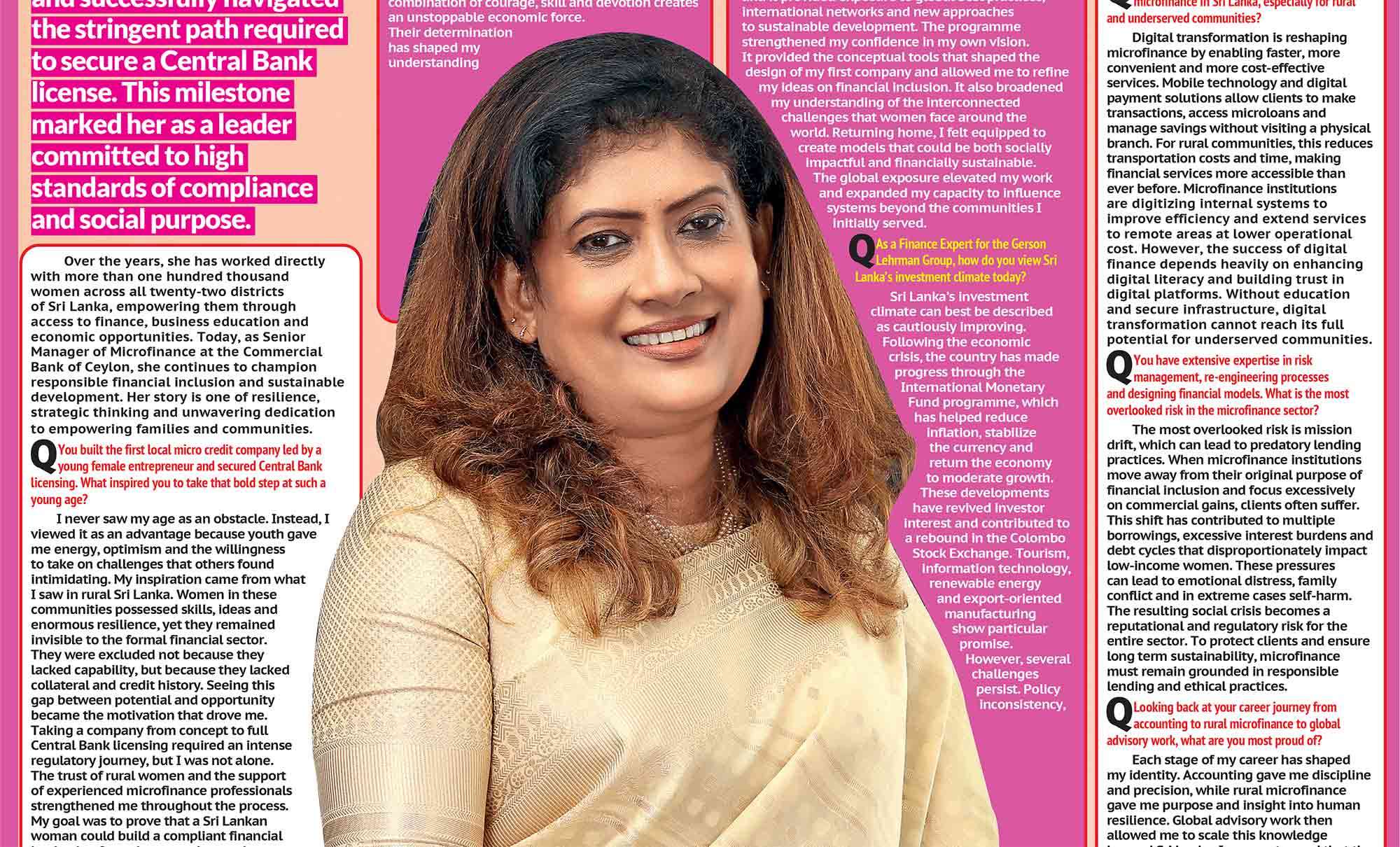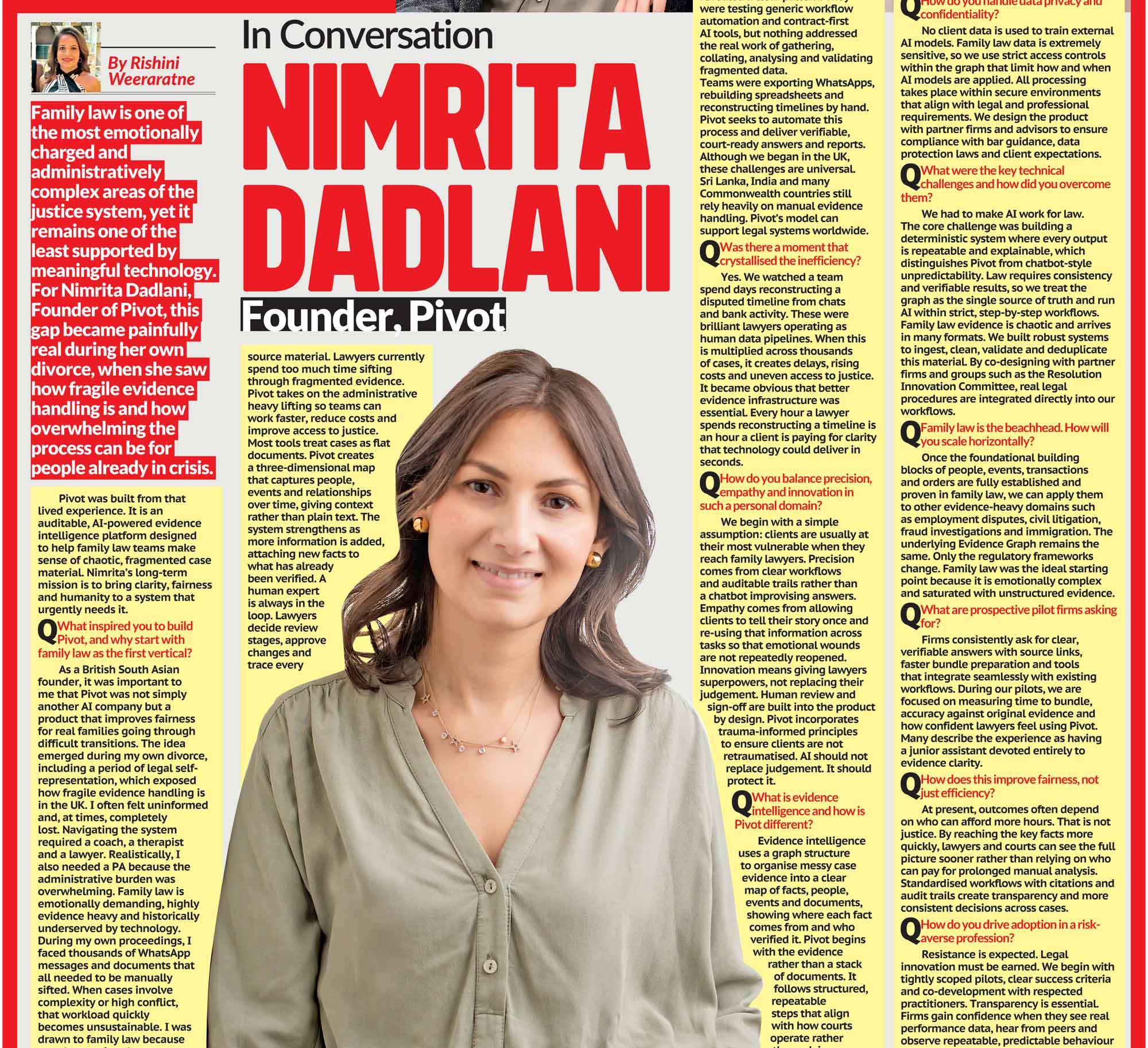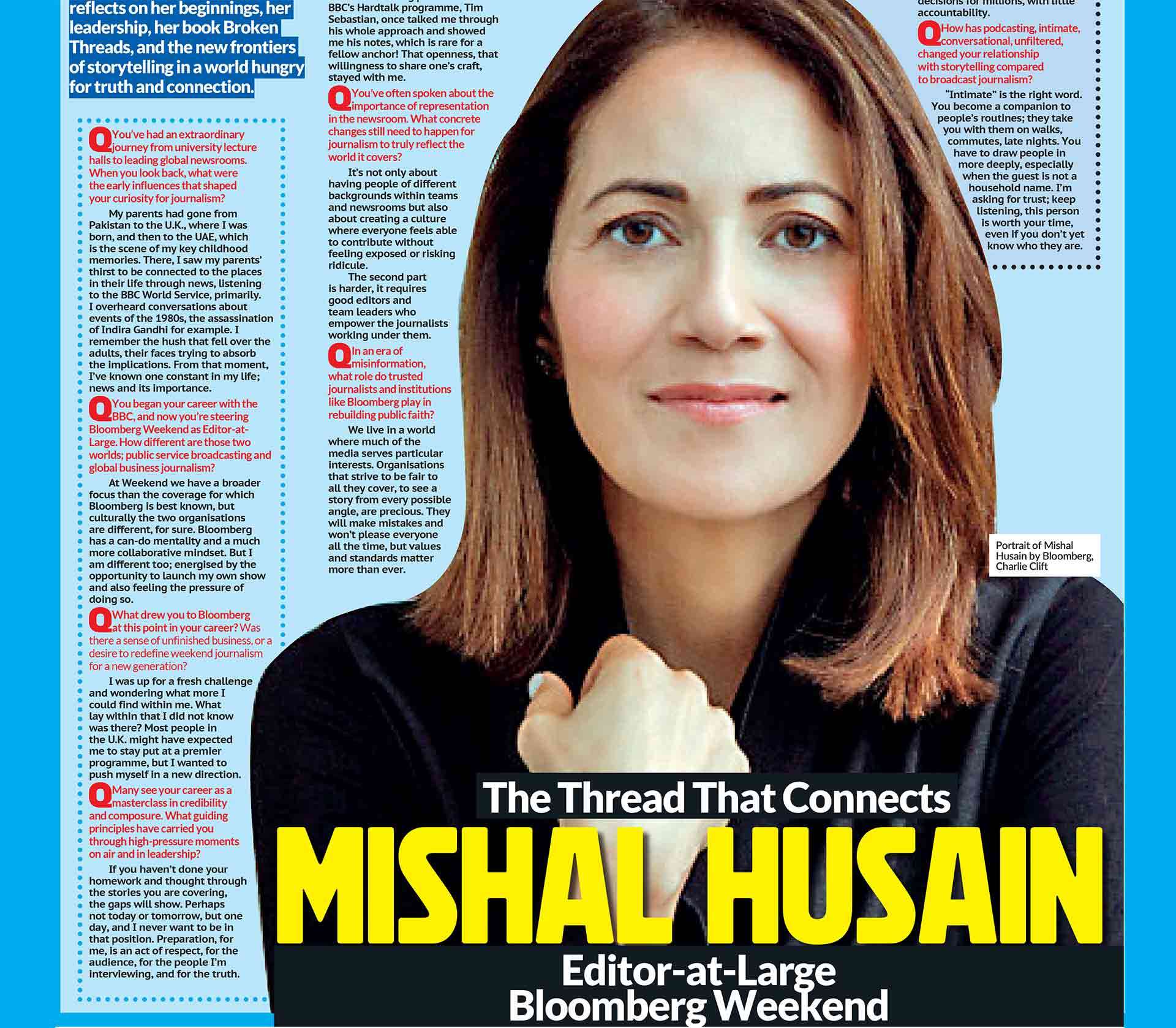


- The fetish for purity is often the refuge of the insecure. When you don’t want to be measured, you seek someone who has no ruler. This is not love. This is cowardice.
- We don’t need more archetypes. We need complexity. A woman is not less valuable because she has experience. And she is not more valuable because she lacks it. She is not pure, and she is not ruined.
There is a fantasy men cling to; quietly, sometimes unconsciously, that the ideal woman in untouched. Not just sexually inexperienced, but emotionally blank, unformed, easy to impress, and easy to mold. She is attractive because she has not yet become. Her purity is her offering, and her inexperience is her gift. It is a disturbing desire cloaked in romance and mistaken for love and make no mistake, it is a fetish, not a preference.
This fetish for purity is not about admiration. It is about erasure. It is about control. It is about the hunger to shape someone whose identity hasn’t yet crystallized, because you fear meeting someone who already has.
What the purity fetish really desires
Purity, in the context of this fetish, is not virtue. It is absence. Absence of experience, absence of lovers, absence of stories that don’t involve you. What it demands is a kind of sexual and emotional blank state, so that your gaze, your touch, your desire is her genesis. The problem is not the fantasy itself; it’s the implication that anything outside of it is undesirable. That a woman who has lived, loved and chosen herself is less worthy of tenderness. The fetishization of purity almost always centers women and feminine-presenting people, and it rarely stops at sexual inexperience. It creeps into behavior, clothing, voice, expression, and the ‘soft’ girl aesthetic. The rise of ‘angelcore,’ and the popularity of anime tropes like the submissive ‘kawaii’ girl are all examples of desire made visual. The perfect woman is light, delicate, pastel, and silent. She doesn’t know what she wants because she is waiting to be told.

The Madonna–Whore Complex: Still Alive, Still Ugly
Sigmund Freud coined the term “Madonna–Whore complex” to describe a psychological split some men suffer: the inability to love the woman they desire and the inability to desire the woman they love. They categorize women into two roles: Madonna’s (virtuous, pure, and deserving of respect) and whores (sexual, autonomous, and disposable). These men cannot handle complexity, contradiction, or equality in their partners. They need to dominate someone who is beneath them or venerate someone who remains inaccessible. And it’s still alive today.
A 2012 study by Rudman and Fetterolf published in Sex Roles found that men continued to exhibit contradictory attitudes toward women's sexuality. They preferred women who were sexually modest for long-term relationships but were more sexually attracted to women perceived as experienced for casual sex. The woman must either be marriage material or masturbatory material; never both. This dichotomy is deeply dehumanizing. Not because the “whore” is treated poorly, though she is, but because even the Madonna is not loved as a full person. She is only respected as long as she stays clean, obedient, and unchallenging. The minute she expresses desire, sets boundaries, or reveals autonomy, she crosses an invisible line. The pedestal becomes a prison, and then a pit. The fetish for purity is not a celebration of innocence. It is a punishment for agency.
What the Data Shows: Purity as a Cultural Weapon
This isn’t just theory, it plays out in real, measurable ways. A 2015 study by Lora E. Park and colleagues in the Journal of Personality and Social Psychology explored the concept of sexual gatekeeping, where women were socially expected to withhold sexual interest to gain long-term romantic interest. The men in the study were more likely to respect and pursue women who conformed to traditional standards of modesty. But they also rated those women as less sexually desirable. The trap is cruel and inescapable: be respected or be wanted; but never both. The purity fetish is weaponized in relationships, too. A 2020 study from the University of Missouri found that men who strongly endorsed, “benevolent sexism,” (the idealization of women as pure, moral, and in need of protection) were significantly more likely to engage in controlling behaviors in romantic relationships. The men who romanticize purity are often the ones who cannot tolerate the reality of female independence. What they want isn’t a partner. It’s a doll.
Let’s Talk About Control
The desire for a “pure” woman is not just about fear of promiscuity. It is about a deep discomfort with equality. A woman who has slept with other people threatens the fantasy that you are the first and therefore the best. She cannot be easily impressed, because she has tasted variety. She cannot be manipulated, because she’s seen the game. She cannot be consumed whole, because she has already given parts of herself to others, and worse, done it willingly. The fetish for purity is often the refuge of the insecure. When you don’t want to be measured, you seek someone who has no ruler. This is not love. This is cowardice.
Romanticizing Power Imbalance
When inexperience is sexualized, so is passivity. So is ignorance. A nd disturbingly often, so is youth. Terms like “barely legal,” “innocent,” or “virgin” are celebrated in adult film categories and dating preferences. They reflect not just a preference for someone untouched, but someone too naïve to see through you. There’s a reason purity is often paired with submission. A 2018 study published in The Archives of Sexual Behavior found a strong link between male dominance fantasies and attraction to inexperienced or “innocent” female partners. This is not merely erotic play; it is a blueprint for control. A partner who doesn’t know what they want is easier to guide. Easier to guilt. Easier to own. That’s the dark underside of the purity fetish: it doesn’t want a woman; it wants a dependent.
Beyond the Binary
The answer to this isn’t to swing to the other end of the spectrum and glorify promiscuity, as if sleeping with dozens somehow proves worthiness. That is still defining women by their relationship to sex rather than their relationship to themselves. We don’t need more archetypes. We need complexity. A woman is not less valuable because she has experience. And she is not more valuable because she lacks it. She is not pure, and she is not ruined. She is not a mirror, or a challenge, or a lesson. She is a person. And if your love depends on how untouched she is, then it isn’t love. It’s ownership.
Toward Something Better
If you find yourself drawn to innocence, ask why. Is it about connection, or control? About vulnerability, or power? Do you love her, or do you love what her lack of experience says about you? Because a real relationship will demand that you grow up. It will ask you to be measured. It will force you to show up as more than the first or the best, it will ask you to be present, vulnerable, and enough. That is what purity really threatens: the illusion that love is something you earn by being impressive. It isn’t. It’s something you build by being real. And no fantasy, no matter how delicate, how lovely, how virginal, can replace that.












